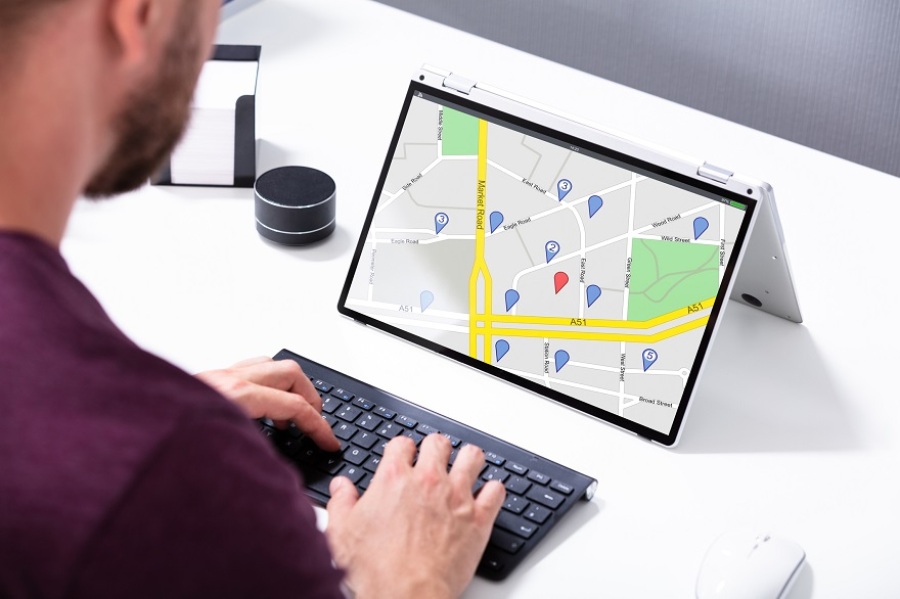
As you research various franchise opportunities, one important aspect of your agreement with the franchisor is where you will operate and how that territory is defined. Whether you are considering a brick-and-mortar location or a service franchise, you will be relying on the neighborhoods around you for customers and your revenue.
Likewise, franchisors look to maximize revenue in any given area. To do so, they offer various territory protections:
Exclusive territory. With exclusive territory rights under your franchise agreement contract, your franchise is, in theory, the only source of the franchisor’s goods or services in your agreed-upon geographic area. The purpose of an exclusive territory is to ensure that you have a large enough market to be successful and a small enough market to be efficient and effective. For certain franchise systems, a lack of territorial definition can create a significant business risk for franchisees by creating a situation where they could be overwhelmed. For many, the territory will be by zip code or radius from your franchise location.
Protected territory. Under a protected territory arrangement, franchisees have a set area to provide their services in but the franchisor will still allow customers to get their goods or services in your area from some other sources, such as company-direct internet sales. When going over the franchise agreement, ask for detailed data on current and potential exceptions to your territory protections so that you are not unreasonably encroached upon. While it doesn't seem ideal, bear in mind a franchisor doesn't want to undermine their franchise locations and likely has plenty of reason to think your location will thrive under this setup.
Unprotected territory. Some franchise systems do not offer any territorial protection to its franchisees. For brick-and-mortar locations, there can be some shared benefit by being near a sister store. Brand recognition is enhanced with more locations, for example. In a situation like this, ask about future scenarios. What happens when your revenue drops significantly due to the opening of a competing location? Will you be given the first right to purchase an additional territory if the franchisor is considering that? A franchisor wants to get as much revenue as possible from its franchise locations, and it is possible that the franchisor will open competing stores as it sees fit to maximize its revenue.
Gray Areas to Consider
Unsold territory. While not a form of protection, unsold territories near yours are often available for you to expand into until they are sold and claimed by another franchisee. Negotiate this possibility ahead of time. It might be that your customers in that area are automatically given to the new franchisee. However, depending on the type of franchise, they might be retained by you if you were first to make them a customer. Know the franchisor’s policy so that you sell your goods and services appropriately. No one wants to work hard and then lose a client to a fellow franchisee.
No matter how a particular franchisor establishes territories, understand how territories are determined and if they are well-respected. Ask existing operators if they are satisfied with the structure, too, as you make your decisions. Strong franchisor support to maximize your franchise is important, and franchise territory is one aspect to review and consider as you decide on your new franchise.
Anne Daniells is a co-owner of Enterprising Solutions, a professional services firm specializing in corporate communication and financial improvement for businesses where she shares decades of corporate and entrepreneurial experience—including franchise ownership—in her writings on business culture. She has authored hundreds of articles for publications including AllBusiness.com, TweakYourBiz.com, and MSN.com. Reach out via her website for more on where corporate culture, communication, and human architecture collide.














